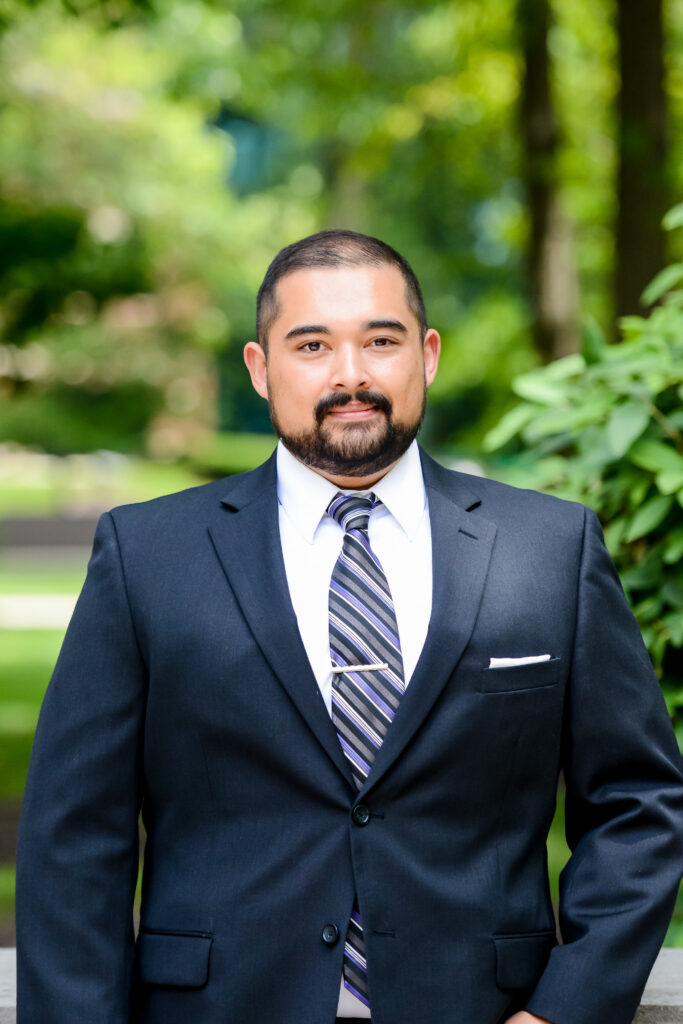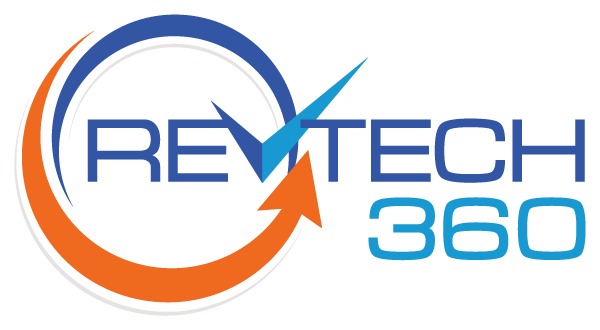RevTech360’s very own MuleSoft Architect and Senior Consultant, Hardy Spry, shares his experience working directly with MuleSoft to develop the RPA certification exam. Read more about our interview with Hardy to learn about Automation and how he became a subject matter expert.

Q: What is Hyperautomation?
Hardy: Hyperautomation is automating as much as possible throughout an end-to-end business process. Customer interactions, tasks requiring coordination between business groups, transferring data between backend systems, even interactions with desktop applications and email – if there’s a human manually performing a repetitive task, MuleSoft wants to automate it.
Q: What is MuleSoft RPA and how does that fit in?
Hardy: MuleSoft RPA is Robotic Process Automation. Long story short: it lets you automate tasks and access data from applications and data sources that don’t have APIs. PDFs, spreadsheets, static websites, legacy desktop applications that were last updated for Y2K – if you can get to it from a Windows machine, RPA can use it. Combined with an integration tool like Composer or Anypoint Platform, RPA lets you tie these standalone data sources or applications into the rest of your network.
Q: Why build an RPA certification exam?
Hardy: There’s a high demand for Salesforce and MuleSoft automation tools but a lack of expertise in implementing solutions using all available tools. MuleSoft wanted a hyperautomation certification that shows someone has a broad understanding of the available Salesforce/MuleSoft tools and how to use them to build automations throughout an entire organization – it’s not an in-depth, technical cert like MuleSoft Certified Developer or Platform Developer, but it covers a lot at a high level. It’s also essentially a certification for MuleSoft RPA and Composer.
MuleSoft hosted a workshop to build the certification exam and reached out to internal departments and partners to find subject matter experts (SMEs) in the various tools. RevTech360 sent me based on my knowledge of Anypoint Platform and because of my experience with RPA-type processes. I also was given access to RPA and Composer so I had functional knowledge of RPA.
Q: How’d the workshop go?
Hardy: The certification workshop was held at the Atlanta Salesforce tower in September. The first day was a quick overview of two hyperautomation projects using RPA and Composer and some training in how to write exam questions, followed by 2-3 days of writing questions, and the remaining time was used for a technical review where we made sure questions were appropriately difficult and relevant to
the sections.
The SMEs split into a few groups tasked with writing questions. Most of us had general MuleSoft or Salesforce experience but a few had more specialized knowledge of MuleSoft RPA or Composer. If there was a subject we didn’t know much about, we would go through available Trailhead modules or work through example hyperautomation projects to figure things out. We would all get together for breakfast and lunch and the groups would swap members or merge together if someone’s specific expertise was needed.
We wrote a lot of questions. Our group of three wrote around 80-90 questions and helped modify or rewrite more on top of that. By the end of the week, the workshop had written and reviewed nearly 200 questions ranging from broad hyperautomation concepts to how individual MuleSoft and Salesforce components work. These questions will get broken down into multiple tests – some will be live tests
used for certification and others will become practice materials. The questions are also going to be used to create a training course.
While this workshop wasn’t meant to be training, I did learn a lot about Salesforce, Composer, and RPA just from being around people who used those tools. I got to work with the person who wrote the Trailhead modules for RPA – I even managed to stump him with an RPA process I couldn’t get working, which we did eventually fix.
Q: What does the certification mean?
Hardy: This certification is kind of a big deal for MuleSoft. It’ll help them identify partners who can use all the available MuleSoft and Salesforce tools to deliver solutions. We’ve got strong MuleSoft and Salesforce teams and the hyperautomation certification helps highlight that. More importantly, it also shows who has RPA and Composer experience. Right now, the list of partners getting that certification on launch day is very short.
Hardy Spry and the RevTech360 team are appreciative to have been part of this process with MuleSoft. We are equipped and ready to start solving business problems on the new RPA platform. Reach out to your RevTech360 Account Executive with any opportunities.

